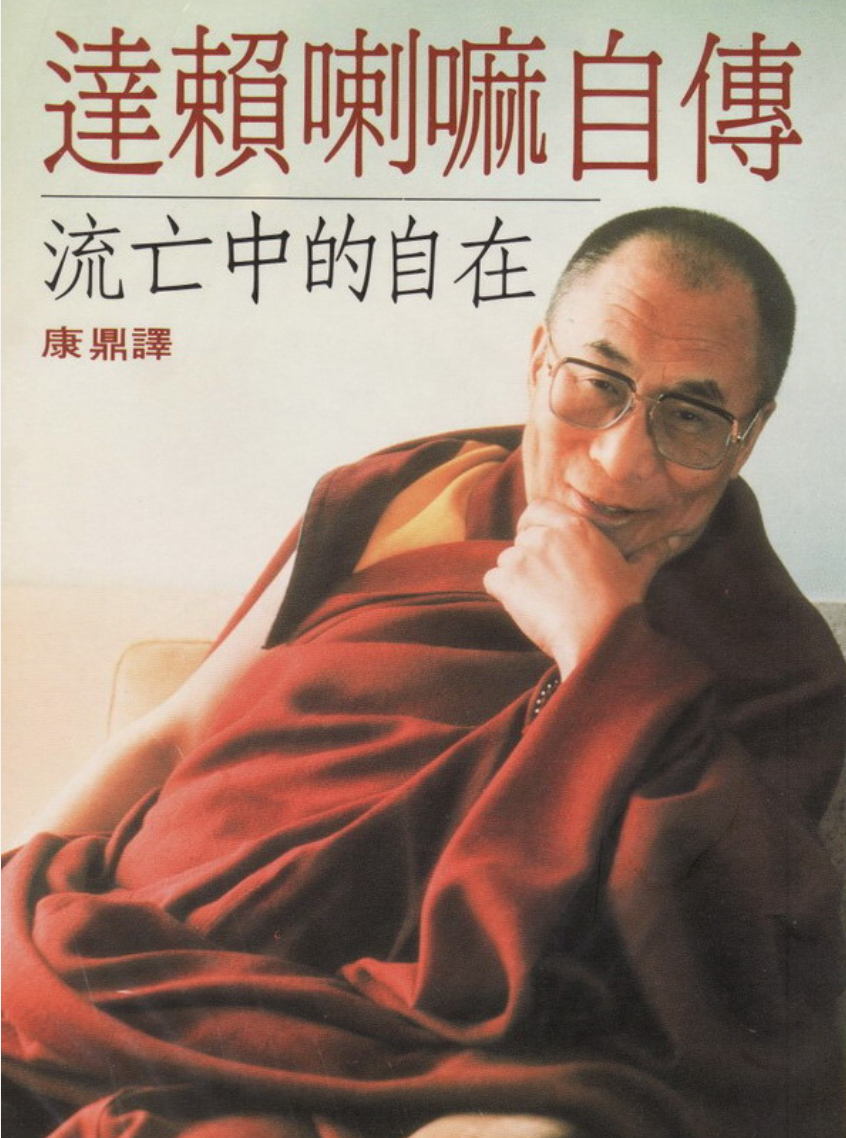Explore the collection
Showing 8 items in the collection
8 items
Book
My Western Region, Your Eastern Land
The first edition of this book was published two years before the landmark event on July 5 in Urumqi from which the ethnic problems in Xinjiang erupted. The "July 5 Incident" was an ethnic vendetta in Urumqi that resulted in thousands of deaths and injuries. It has been regarded as a turning point in the all-out hostility between Uyghurs and Han Chinese and in the shift of Xinjiang's governance from economic development to political high-handedness. The book is thus considered prescient and ahead of its time. Before writing the book, Wang Lixiong had been imprisoned for more than 40 days on the charge of "stealing secret state documents." But this imprisonment brought him a great reward: he was to meet Muhtar, an ethnic Uyghur who was also a political prisoner. "It was because of Muhtar that the book took on a new perspective," says Wang Lixiong. Xinjiang is no longer a symbol in documents, books and materials, but has real flesh and blood, emotions, and even body heat.
Book
Seventy Years of the Chinese Communist Revolution
Professor Chen Yongfa's book examines the history of the Chinese Communist Party from the perspective of modern Chinese history. It divides it into three stages: revolutionary seizure of power, continuous revolution, and farewell revolution. It delves into three major issues in CCP history: nationalism, grassroots power structure, and ideological transformation and control. published by Taiwan's Linking Publishing in 2001.
Book
Sky Burial: The Fate of Tibet
In this book, author Wang Lixiong presents his arguments with a great deal of personal experience and field work. The book covers the history of the Tibetan issue, the current situation, and various aspects. The book was first published by Mirror Books in Hong Kong in 1998, and an updated edition was released in 2009.
Book
The Realm of Historiography
This book is a compilation of some of Gao Hua's speeches, book reviews, commentaries on current affairs, reviews of student papers, and lecture transcripts. It includes his studies and reflections on themes around revolution, civil war, and nationalism, his comments on the works of Long Yingtai, Wang Dingjun, and Mao Zedong, and his observations on Taiwan's social and political realities during his visits to Taiwan. In addition, the book contains a selection of Gao Hua's lecture notes on the theory and methodology of historiographical research, as well as on the production of official historical narratives and the development of folk history, enabling readers to gain further understanding of the philosophy and methodology behind Gao Hua’s research.
The book was published by Guangxi Normal University Press in November 2015 before the fourth anniversary of Gao Hua's death, for which the publisher was disciplined by the Central Propaganda Department and the State Administration of Press, Publication, Radio, Film and Television.
Book
Who is the New China
Author Xin Hao Nian tries to analyze the modern history of China since the Xinhai Revolution. He pointsout that the People's Republic of China (PRC) is a restoration of the authoritarian system, and the Republic of China (ROC) represents China's road to a republic. The first volume of the book defends and clarifies the history of the Kuomintang (KMT), arguing that the KMT is not a "reactionary faction" as claimed by the CCP. The second volume criticizes the revolution and history of the CCP. The book was first printed in 1999 by Blue Sky Publishing House (USA) and reprinted in June 2012 by Hong Kong's Schaefer International Publishing. It is banned on the mainland.
Book
Zhao Ziyang’s Conversations Under House Arrest
In January 2007, Hong Kong Open Press published the book "Conversations of Zhao Ziyang under House Arrest". It was narrated by Zong Fengming and prefaced by Li Rui and Bao Tong. The narrator, Zong Fengming, is an old comrade of Zhao Ziyang. He retired from Beijing University of Aeronautics and Astronautics in 1990. From July 10, 1991 to October 24, 2004, using the name of a qigong master, Zong Fengming visited Fuqiang, who was under house arrest in Beijing. Zhao Ziyang, who lives at No. 6 Hutong, had hundreds of confidential conversations with Zhao Ziyang. This book is a rich account of these intimate conversations. Zhao Ziyang talked about the power struggle and policy differences within the top leadership of the CCP, his relationship with Hu Yaobang, his evaluation of Mao Zedong and Deng Xiaoping, his criticism of Jiang Zemin and Hu Jintao, Sino-US relations, the Soviet Union issue and Taiwan issues. He also conducted in-depth reflections on the history of the Communist Party.







